What Does Vit D Do in the Body? There are a number of important jobs that Vit D does:
Measuring Vitamin D status Generally the next question I get from a lot of people is how do I know if I'm getting enough Vit D. Currently the best way to do this is to measure it in the blood by look at the blood or serum concentration of calcidiol (D2). Wait, didn't I say that the active form is calctriol (D3)? The reason is the 1/2 life of D3 is too short to make it a good indicator as well as it being regulated highly regulated by parathyroid hormone, calcium and phosphate. D3 levels also do not normally decrease significantly until Vit D deficiency is severe. How Much Vit D is Needed? If we understand how important Vit D is, the next thing my patients often ask is how much do I need? As we mentioned above, to know if you personally are getting enough, getting your levels checked is going to be the best option. However, there are general recommendations made by the government which are based on what is called the RDA or Required Daily Allowance. This depends on the average of what works best for a healthy population and maintaining basic requirements for health. In the case of Vit D that's enough to bone health and calcium metabolism, and then in addition the RDA is set based on minimal sun exposure as well. All of this combined, the current daily recommendation for adults and children over 4 years is 400 IU. If we're trying to raise our levels of Vit D, 400 IU is definitely not going to be enough.
Can I Get Enough from the Sun? Most people meet at least some of their Vit D requirements from the sun. However, what most people don't realize is that this depends. You need to be outside at the right time of day, and depending on where you live, time of year as well. We need to be exposed to UVB rays at wavelengths of 290-320 nanometers. Other factors that can affect this are: cloud cover, smog, melanin content of your skin (the darker your skin the more difficult it is to 'absorb' enough sun). Optimal Sun Exposure The factors previously mentioned and current research that's been done still makes it challenging to know exactly what the right amount of sun exposure is for each person. However, these guidelines are helpful to get some helpful exposure: - In general, approx 5-30 mins of sun exposure between 10am -3 pm twice a week to arms, face, neck. legs or back without sunscreen [NOTE: if you are monitoring risk for skin cancer, than keep in mind any recommendations from your healthcare provider] - Spring, Summer and Fall are the optimal times of year, particularly those who live in more northern latitudes
Take Home Message - Vit D is important for our overall health, and we're still figuring out the full extent of what this entails - Vit D is present in the diet, and through exposure to the sun we are able to synthesize Vit D - The drawback is it's tough to determine how much we're getting, so many of us will need to supplement with it at times - There are safe and unsafe levels of Vit D, and finding out what works best for us personally is likely going to require getting our levels checked periodically. Have questions about Vitamin D or making sure you're getting what you need to live your best life? Connect with me and we can get a personalized plan together that takes your individual needs into account. Note: Talk to your Naturopathic Doctor today about getting assessed and treated if needed, and as always talk to your health care provider before beginning any new medication or supplement. This information is not meant to replace the advice/guidance of a medical professional, nor should it be acted upon by individuals unsupervised by the appropriate healthcare provider.
0 Comments
The Stats In the US: · Number of people in the U.S. who have either allergy or asthma symptoms: 1 in 5. · Percentage of the U.S. population that tests positive to one or more allergens: 55%. Internationally: The prevalence of asthma in different countries varies widely, but the disparity is narrowing due to rising prevalence in low and middle income countries and plateauing in high income countries.
Suffering from allergies can be a very irritating experience. If you or your child is suffering from allergies, it is best to take them to a Naturopathic Doctor who can perform a proper assessment and form a treatment plan that will address your/your child’s needs. Always speak to your health care provider before beginning any new medications or supplements. References: Allergy Statistics and Facts. WebMD. Reviewed by Johnson, K. (2012). http://www.webmd.com/allergies/allergy-statistics Asthma Statistics. American Academy of Allergy, Asthma & Immunology. http://www.aaaai.org/about-the-aaaai/newsroom/asthma-statistics.aspx Romm, A. 2003. Naturally Healthy Babies and Children: A Commonsense Guide to Herbal Remedies, Nutrition, and Health. Celestial Arts. Skowron, JM. 2009. Fundamentals of Naturopathic Pediatrics. CCNM Press. Print.
I completely understand how important, small, manageable changes are to creating success! I see it all the time with my patients and the research also supports this approach. Therefore, I will only mention 3 small things you can do to make a big impact on your eating habits and your health.
There you have it. Some very simple changes you can make to how you eat to improve the quality of your diet. Now I am not saying you have to even do this all at once, pick one and start with that. Then you can look at adding the others over time. If you never start, you'll never get the benefits, but if you try to change everything at once you'll feel overwhelmed and eventually you will drop everything.
Have questions about these tips or how to have better eating habits? Talk to me about it. I love helping people make gradual, positive changes that benefit their health and well being. Note: Talk to your Naturopathic Doctor today about getting assessed and treated if needed, and as always talk to your health care provider before beginning any new medication or supplement. This information is not meant to replace the advice/guidance of a medical professional, nor should it be acted upon by individuals unsupervised by the appropriate healthcare provider.
Why do we need to worry about sugar? Sugar in the blood is not a bad thing on its own. In fact, without this important fuel we wouldn’t last very long. However, like most things, in the right amount we stay healthy, but when we have too little sugar or too much, that’s when problems arise. Our main method of procuring this fuel is eating and drinking. Anything we consume, our body breaks down into it’s most basic building blocks, glucose, which is sugar, being one of them. Once broken down, the body shuttles the glucose to where it’s needed. If you’re playing a game of tag, then you’re going to need glucose for your muscles. If you’re studying for a big test, then you need glucose for your brain. The blood is simply the highway system in your body that transports the glucose (along with many other things) throughout the body until it reaches it’s final destination.
What can we do? Eating Well We know that balance is important, but what are some easy and crucial things we can do to improve our blood sugar balance. One, you may have guessed, is being mindful of what you eat! Proper nutrition is really a cornerstone of good health. Start with eating a diet focused on good whole foods, which includes 5-10 servings of fruit and vegetables a day, whole grains (complex carbs), good proteins and healthy fats. Then avoiding excess sugar, like soft drinks. Did you know that there can be as many as 6-10 tbsp of sugar in 1 can of pop? Another helpful trick is to have either protein or fat with each meal. Not only do they help you feel more full for longer, they also modulate the rush of sugar coming into the body. If we’re looking at a curve of blood sugar levels, this is what happens if we have sugar by itself, a big spike and then decline about an hour to a few hours later. This is why people who have a chocolate bar for their afternoon snack feel like they have lots of energy and focus for the first hour or so after, but end up feeling more tired later on when their blood sugar plummets. If you eat fat or protein with your other foods, it helps to temper this spike in blood sugar so you don’t have a huge increase and subsequent decrease of blood sugar and corresponding energy levels.
Blood sugar levels have a story to tell about our health, and every choice you make with your diet and lifestyle habits writes that story. Make sure you make the right choices for you: eat right, exercise and modify your stress. Your family and your future self will thank you for taking steps to ensure that your blood sugar story is writing about a long and healthy future.
Have questions about how you and your family can reduce your sugar intake? Ask me about it by emailing me through the 'contact me' section or give me a shout at the office. I'm here to help you achieve your best possible health. Note: Talk to your Naturopathic Doctor today about getting assessed and treated if needed, and as always talk to your health care provider before beginning any new medication or supplement. This information is not meant to replace the advice/guidance of a medical professional, nor should it be acted upon by individuals unsupervised by the appropriate healthcare provider. References: Silverthorn, D.U. 2010. Human Physiology An Integrated Approach. Fifth Edition. Pearson International Edition. Stats Canada. 2016. Obesity in Canada: A Whole-of-Society Approach to a Healthier Canada: http://www.parl.gc.ca/content/sen/committee/421/SOCI/Reports/2016-02-25_Revised_report_Obesity_in_Canada_e.pdf WebMD. Fit Jr. (2016). Just a Spoonful of Sugar Adds Up: http://fit.webmd.com/jr/food/pdf/pdf-sugar-adds-up
Why do we care about Liver Health? One of the most important functions of the liver is to detoxify our bodies. With the popularity of detox diets these days many people worry about the liver’s ability to detoxify, but in fact there’s no need to worry because unless your liver is in the final stages of failure then it’s going to detoxify your body all on its own. Without getting too in depth with the physiology, the liver breaks everything down in two phases, the fat- soluble and water- soluble toxins.
All this means is that everything needs to be broken down in stages, so it can be effectively recycled or shuttled out of the body in the form of waste (namely urine or stool). If these functions aren’t done properly, this can have profound effects on just about every other system in the body. If the liver isn’t functioning properly then overall digestion, metabolism, hormonal balance and the immune system don’t function well. The Liver performs the following vital functions:
Essentially, without the liver it would not be possible to survive very long. We are living in a Toxic world We are exposed to all kinds of toxins every day of our lives. From the moment we are conceived, we are exposed to toxins through our mother. At present, there are over 80,000 chemicals registered by the Environmental Protection Agency. 3,800 are ‘high-use’ chemicals and less than ½ have been assessed for toxic effects in humans. Less than 9% of these chemicals have been assessed for toxic effects on children. If we don’t take care of our liver’s health, we won’t be able to function in our toxic laden environment. How do we know we’re experiencing symptoms of toxicity? Well that in and of itself is part of the problem. The overall symptoms of toxicity are quite general, and can easily be mistaken as part of another problem. Some of the symptoms include: fatigue, headaches, muscle and joint pain, mood changes, cognitive impairment and possibly neurological problems.  Are you susceptible to toxicity? Multiple factors affect how your body deals with toxic burden.
To better understand what toxicity looks like in the body, the analogy I like to use is a bucket. We all have different buckets, some are short and fill very quickly, or have a spout that doesn’t drain effectively, or perhaps an average size bucket with a decently emptying spout. However your bucket functions, determines how quickly it will fill (accumulate toxins) or empty (eliminate toxins). Unfortunately, those of us with shorter buckets/poorly draining spouts are more likely to build up toxins quickly and/or not eliminate them quickly enough to avoid symptoms of toxicity. What Can We Do?
Work with a medical professional to help correct problems
Note: Talk to your Naturopathic Doctor today about getting assessed and treated if needed, and as always talk to your health care provider before beginning any new medication or supplement. This information is not meant to replace the advice/guidance of a medical professional, nor should it be acted upon by individuals unsupervised by the appropriate healthcare provider. |
Sarah Connors
I am a Naturopathic Doctor and Doula providing care in the Kitchener-Waterloo area. I have a passion for helping people with their health issues and improving the birth experience for Moms, and their babies. I also have a life long love affair with soccer, curling, and the alto saxophone. Archives
November 2020
Categories
All
|
Photos from Rural Royalty, manu flickr2010, Ryan Dickey, wocintechchat, huskyte77, paulswansen, Black Room Photography, harum.koh, Emery Co Photo, JeepersMedia, BrownGuacamole, wellnesswildflower, JeepersMedia, vastateparksstaff, colindunn, seelensturm, /\ \/\/ /\, 50mm.za, The Simpsons (Lee, Shirley, Luke and Rachel), AGRONAUTI, aivas14, Jonathan Rolande, winnifredxoxo, juhansonin, osseous, nan palmero, Theo Crazzolara, brianfagan, TP studio, wuestenigel, torbakhopper, anka.albrecht, Michael Stern, [-ChristiaN-], franchiseopportunitiesphotos, terren in Virginia, nateOne, barnimages.com, Dun.can, wuestenigel, @lattefarsan, amandabhslater, aphrodite-in-nyc, nutritionaldoublethink, Anne Worner, donnierayjones, mikecogh, angeloangelo, Rob.Bertholf, getaiwan, Lida Rose, matsuyuki, SurFeRGiRL30, marcoverch, amsfrank, mdaltry, nutrition education, Mike Prince, Edsel L, Neighborhood Nini, philipp.alexander.ernst, Mediocre2010, homethods, quinn.anya, Gamma Man, katerha, Eric Kilby, National Institutes of Health (NIH), rcmd_cfdfw_5_2, curtis palmer, Ray in Manila, frankieleon, Airsoftpal.com, byzantiumbooks, cchana, Brian Legate, Matt Lavin, BradHinton, monpetitchouphotography, wuestenigel, alexisjordanlewis, ByEPhotos, erix!, RLHyde, return the sun, quinn.anya, mliu92, frankieleon, loudista, Lyn Lomasi, upslon, derrickbrutel, cchana, National Institutes of Health (NIH), watts_photos, marcoverch, derrickbrutel, francesbean, weegeebored, Airsoftpal.com, Etwood, wu_135, shixart1985, Ingrid Taylar, VeritasFotografie, BioDivLibrary, emmanuelmorales1, Thanks for 1.5 Million Views!!, Will Merydith, reader of the pack, RoxyHobbs, Khanelle Prod' Medias, storyvillegirl, agromonitor, Arenamontanus, six:eleven, cote, SweetOnVeg, nenoirenediaz, lucianvenutian, markhillary, anotherlunch.com, inkknife_2000, archibald jude, rawtrigger, Imaginary Museum Projects: News Tableaus, Pavel P., Courtney Emery, Thien Gretchen, physiognomist, bark, Michigan Municipal League (MML), alberth2, Merelymel13, neofob, Care_SMC, Parker Knight, B*2



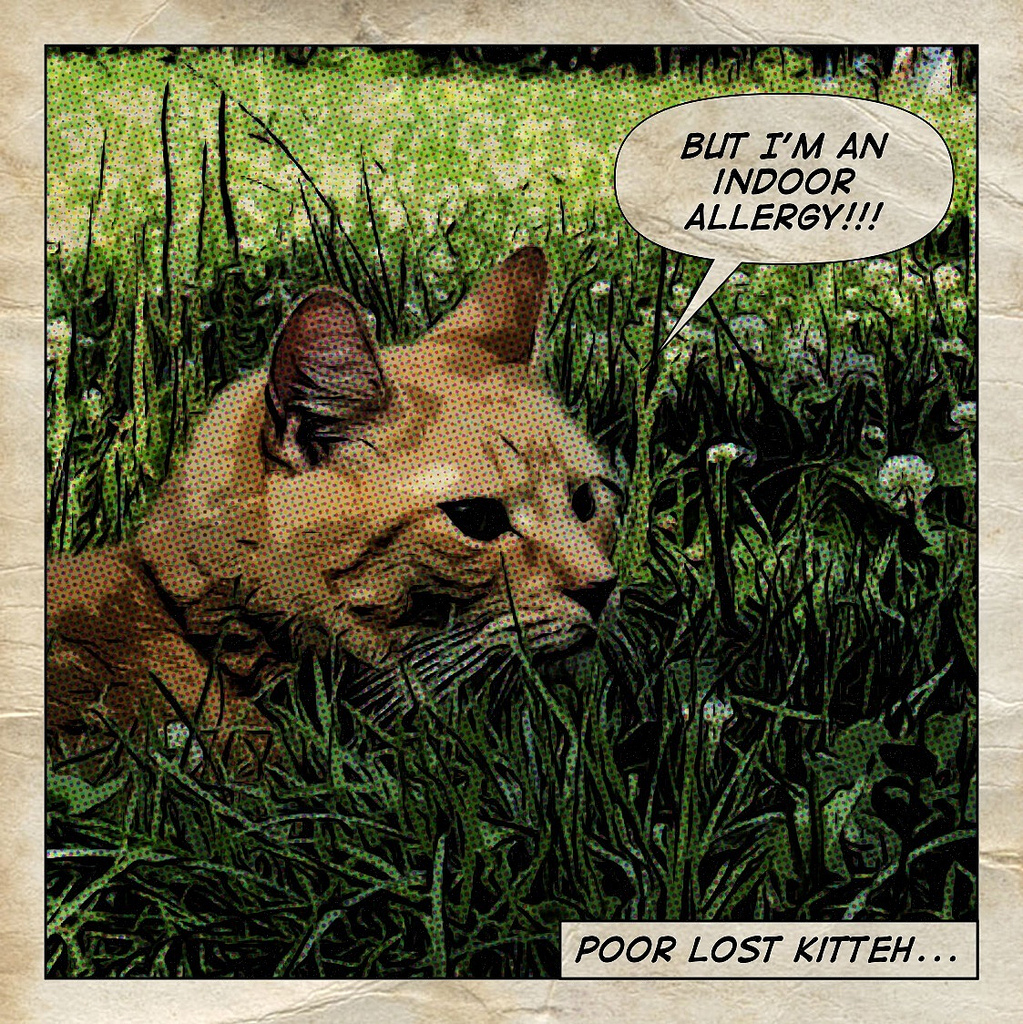

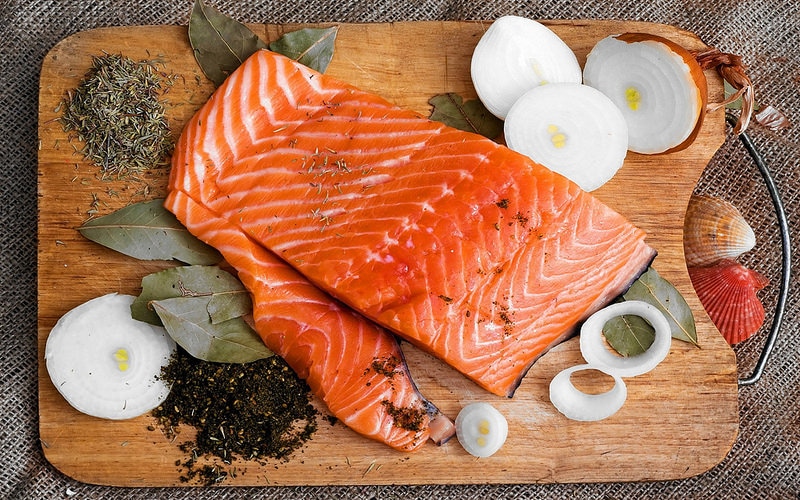
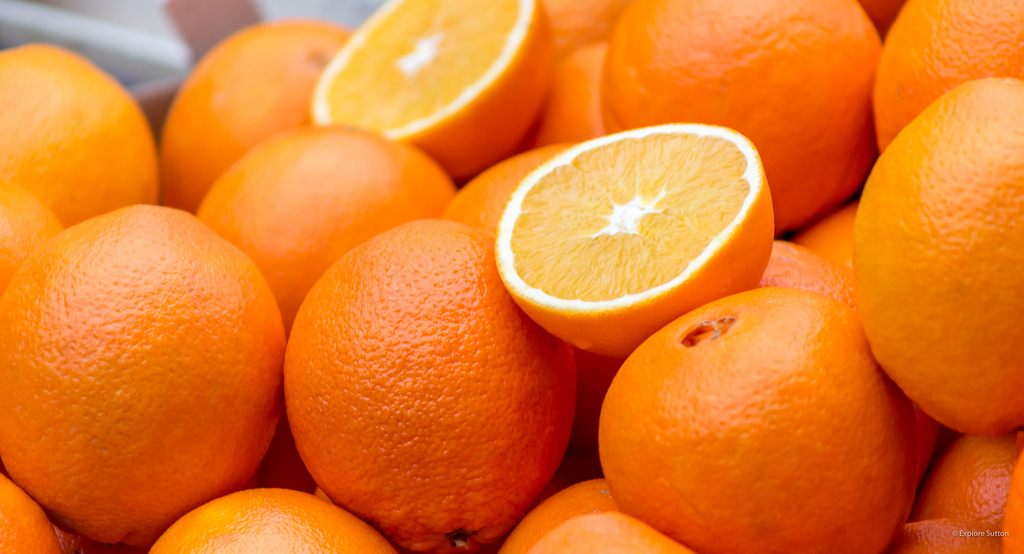


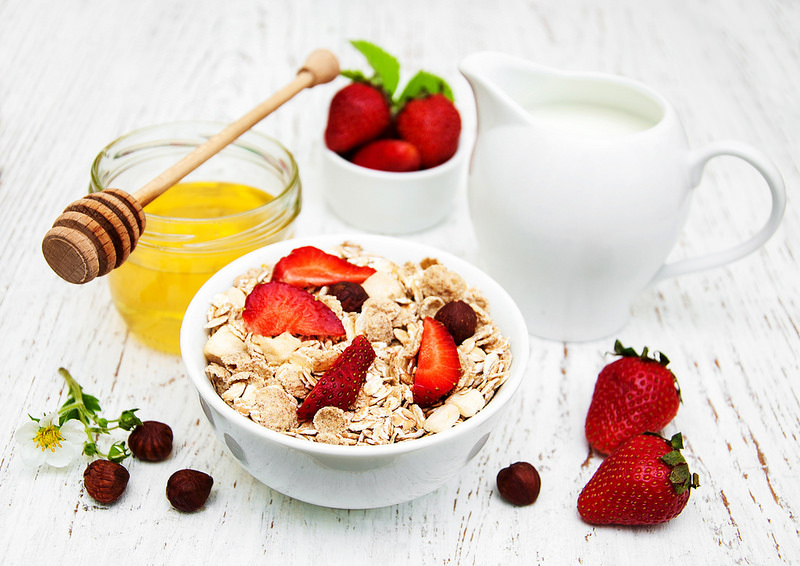
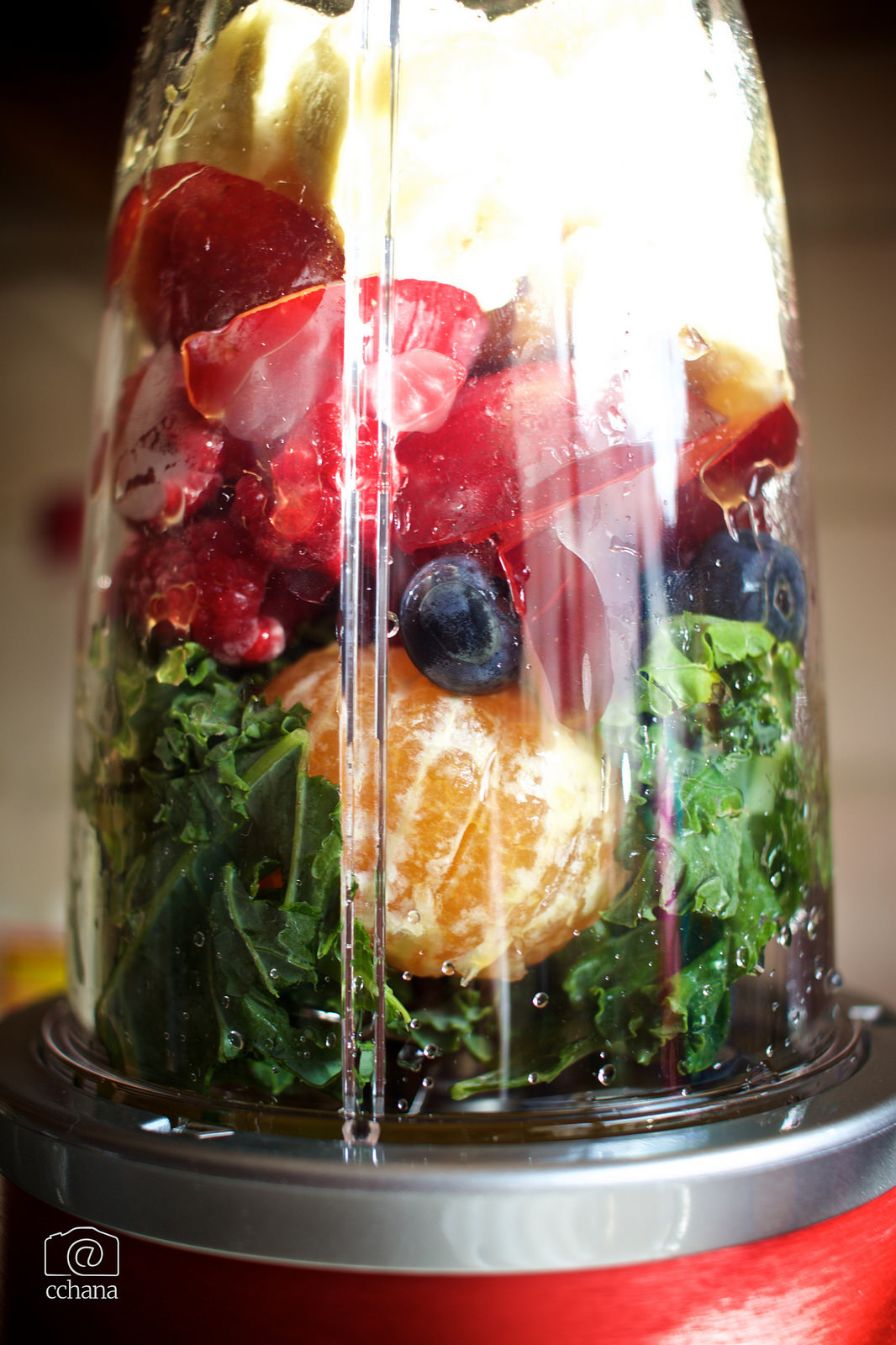





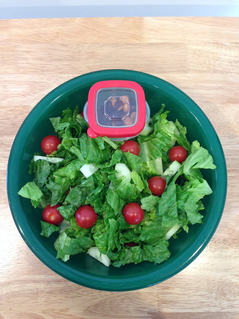


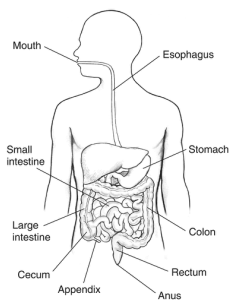
 RSS Feed
RSS Feed
